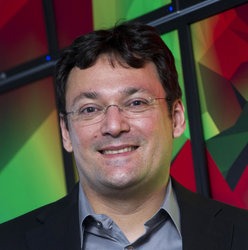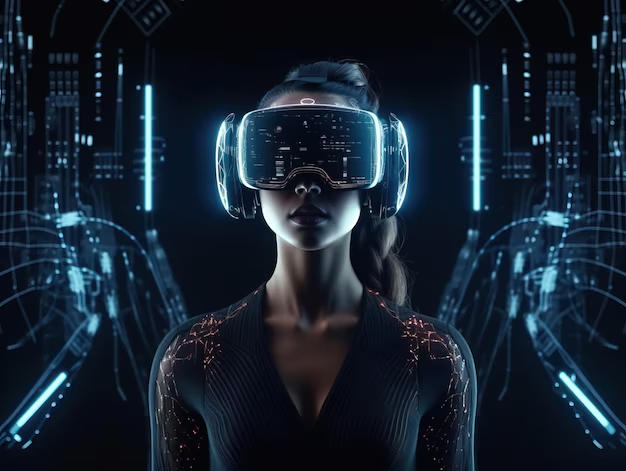Artificial intelligence is increasingly influential in scientific research, a fact underscored by this year’s Nobel Prize announcements. The Nobel Prize in Chemistry was awarded to Demis Hassabis, John Jumper, and David Barker for their AI model that predicts protein structures, crucial for the body’s chemical processes. This model analyzes amino acid sequences to determine protein configurations. In Physics, John Hopfield and Geoffrey Hinton were honored for advancements in artificial neural networks, enhancing computers’ ability to learn and process complex data. “AI is accelerating [the] pace of innovation,” remarked Iddo Drori, an associate professor in computer science at Boston University. “I think the future role of AI in research is becoming more significant.” Drori highlighted the shift from traditional human-computer interaction to a more integrated human-AI collaboration. AI now mimics human cognitive processes to tackle complex problems, yet the importance of human oversight in evaluating AI-driven discoveries remains paramount. Peter Szolovits, a professor at MIT, noted AI’s gradual transformation of scientific methodologies over decades. Where scientists once relied on manual computations, AI now provides sophisticated tools for data analysis and validation. Szolovits emphasized that computational tools are now integral to scientific research, although challenges like data availability persist. BU’s Drori indicated a transition from basic AI chatbots to more advanced applications across disciplines, fostering innovation within organizations. Students like Anika Sawhney recognize AI’s potential to expand knowledge in fields like biology and chemistry. However, some, like Kushmin Weliwita, caution against over-reliance on AI in hard sciences, advocating for the preservation of human reasoning. Szolovits echoed that current AI models are not yet transformative for scientific practice but are essential in data analysis. Drori remains optimistic about future interdisciplinary collaborations, underscoring the growing role of human evaluators in AI-enhanced research. “The fact that we as humans are now evaluating research that has been performed by teams of researchers in AI makes this even more exciting,” Drori concluded.
- AI Products
For startups
For Professionals
- AI Services
For corporations
For Goverments
For Professionals
- Consulting
For corporations
For Goverments
For Professionals
- About
- Cases
- AI Products
For startups
For Professionals
- AI Services
For corporations
For Goverments
For Professionals
- Consulting
For corporations
For Goverments
For Professionals
- About
- Cases









